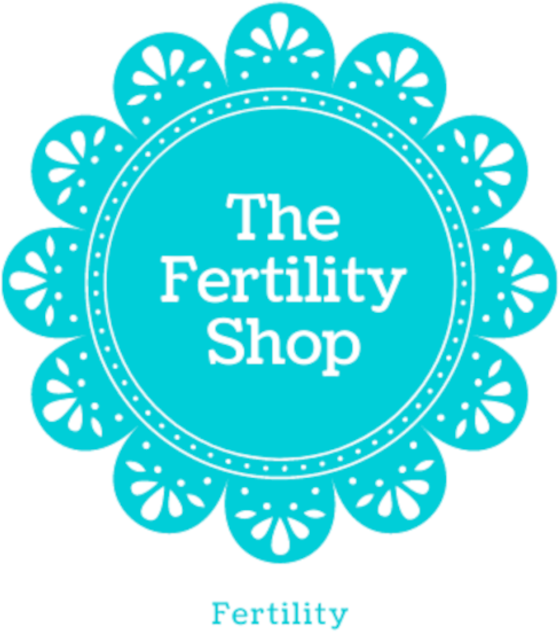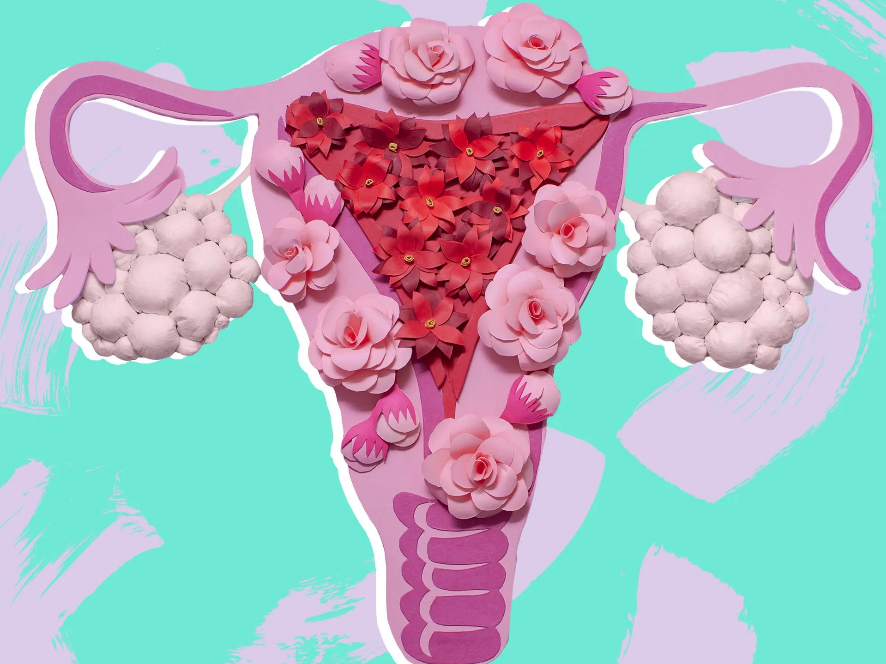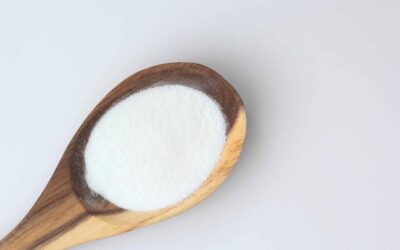Polycystic Ovary Syndrome (PCOS) is a very common endocrine condition that affects 1 in every 10 in the UK. It manifests differently in each person and can be incredibly devastating to an individual’s self-esteem and quality of life. There is no known cause or cure.
Despite the name, polycystic ovary syndrome (PCOS) does not mean you have cysts on your ovaries. It is the most common disorder affecting female hormones and impacts how the ovaries work.
Key characteristics of PCOS are:
- Irregular periods,Very heavy periods, Bleeding but no ovulation—called anovulatory periods
- Difficulty conceiving
- Excess hair growth on the face, chest, belly, or upper thighs—a condition called hirsutism
- Severe, late-onset, or persistent acne that does not respond well to usual treatments
- Obesity, weight gain, or trouble losing weight, especially around the waist, but not all PCOS sufferers are overweight
- Oily skin
- Patches of thickened, dark, velvety skin—a condition called acanthosis nigricans
- Excess androgen (high levels of “male” hormones)
- Polycystic ovaries: your ovaries become enlarged and contain many follicles surrounding eggs (fluid-filled sacs)
Causes:
We do not know exactly what causes PCOS. However, it is thought that it can run in families.
Abnormal hormone levels, such as androgen and insulin, can result in the body producing more testosterone. Insulin helps to move glucose from the blood into cells, where it’s broken down to produce energy.
However, many women with PCOS are resistant to insulin in their bodies and produce higher levels, which can then lead to further testosterone production. This can affect the development of follicles and prevent normal ovulation.
Being resistant to insulin can lead to weight gain and exacerbate PCOS symptoms, as excess fat stores cause the body to create more insulin. This can often be a vicious circle for some women.
Further hormone imbalances can contribute to PCOS, such as:
Luteinizing hormone (LH). This is the hormone that stimulates ovulation. However, this can have an adverse effect if the level is too high.
Low levels of sex hormone-binding globulin (SHBG), which reduces the effect of testosterone.
Some women also experience higher levels of prolactin.
When to see a doctor:
If you experience any of the above, we recommend speaking to your GP. Your healthcare professional may wish to rule out other conditions based on your hormone levels. An ultrasound will also be able to show whether you have a high number of follicles in your ovaries.
As you anticipate the next post titled – Yes, You Can Still Get Pregnant With PCOS.
See some PCOS Supplements here






0 Comments